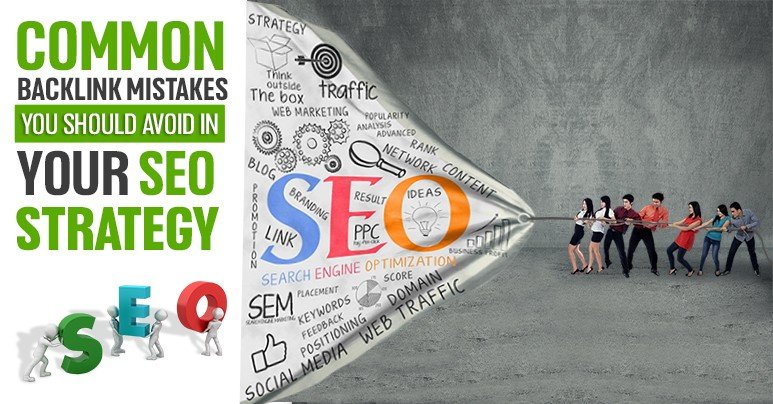In search engine optimization (SEO), backlinks are essential for determining a website's visibility and ranking on search engine results pages. However, several common mistakes in backlink acquisition and management can significantly impact the effectiveness of your SEO strategy. By identifying and rectifying these errors, you can optimize your backlink profile and enhance your overall SEO performance.
1. Avoiding Low Authority Websites
Building backlinks from websites with low authority can have a detrimental effect on your SEO efforts. These links may not carry as much weight in search engine algorithms, potentially leading to lower rankings for your website.
2. Neglecting Relevance and Niche Alignment
Ignoring the relevance and niche alignment of backlinks can be a critical mistake. Backlinks from irrelevant sites may not only provide little SEO benefit but could also harm your website's reputation and authority.
3. Steering Clear of Poor Content Sources
It is crucial to avoid acquiring backlinks from websites with low-quality, duplicate, or plagiarized content. Search engines prioritize original and high-quality content, so backlinks from such sources can negatively impact your SEO efforts.
4. Steering Clear of Toxic Link Profiles
Obtaining backlinks from websites with toxic link profiles, such as those with spammy or unnatural linking practices, can lead to penalties from search engines. It is essential to vet the quality of the linking sites to maintain a healthy backlink profile.
5. Balancing Do-follow and No-follow Links
While do-follow links are valuable for SEO, a natural backlink profile should consist of a mix of both do-follow and no-follow links. Diversifying your link profile in this manner can enhance its credibility and authority.
6. Optimizing Anchor Text Distribution
Overreliance on exact-match anchor text can trigger search engine penalties for unnatural linking practices. Aim for a diverse and natural distribution of anchor texts to ensure a more organic backlink profile.
7. Leveraging Internal Links
Internal linking is a powerful SEO strategy that should not be neglected. By linking to your own content within your website, you can distribute link equity throughout your site, improve user navigation, and enhance SEO performance.
8. Tracking and Monitoring Backlinks
Regularly monitoring your backlink profile is crucial for identifying any toxic or spammy links that may harm your SEO efforts. Utilize tools like SEMrush or Ahrefs to track your backlinks and ensure the quality and relevance of your linking domains.
9. Consistent Backlink Building
Consistency is key in backlink building. Establish a regular cadence for acquiring backlinks to maintain a healthy and growing backlink profile. Consistent efforts will contribute to long-term SEO success.
In conclusion, avoiding these common backlink mistakes is essential for optimizing your SEO strategy and enhancing your website's search engine visibility. By focusing on acquiring high-quality, relevant backlinks from authoritative sources, maintaining a diverse link profile, and monitoring your backlink profile consistently, you can bolster your SEO efforts and drive improved organic traffic to your website.





